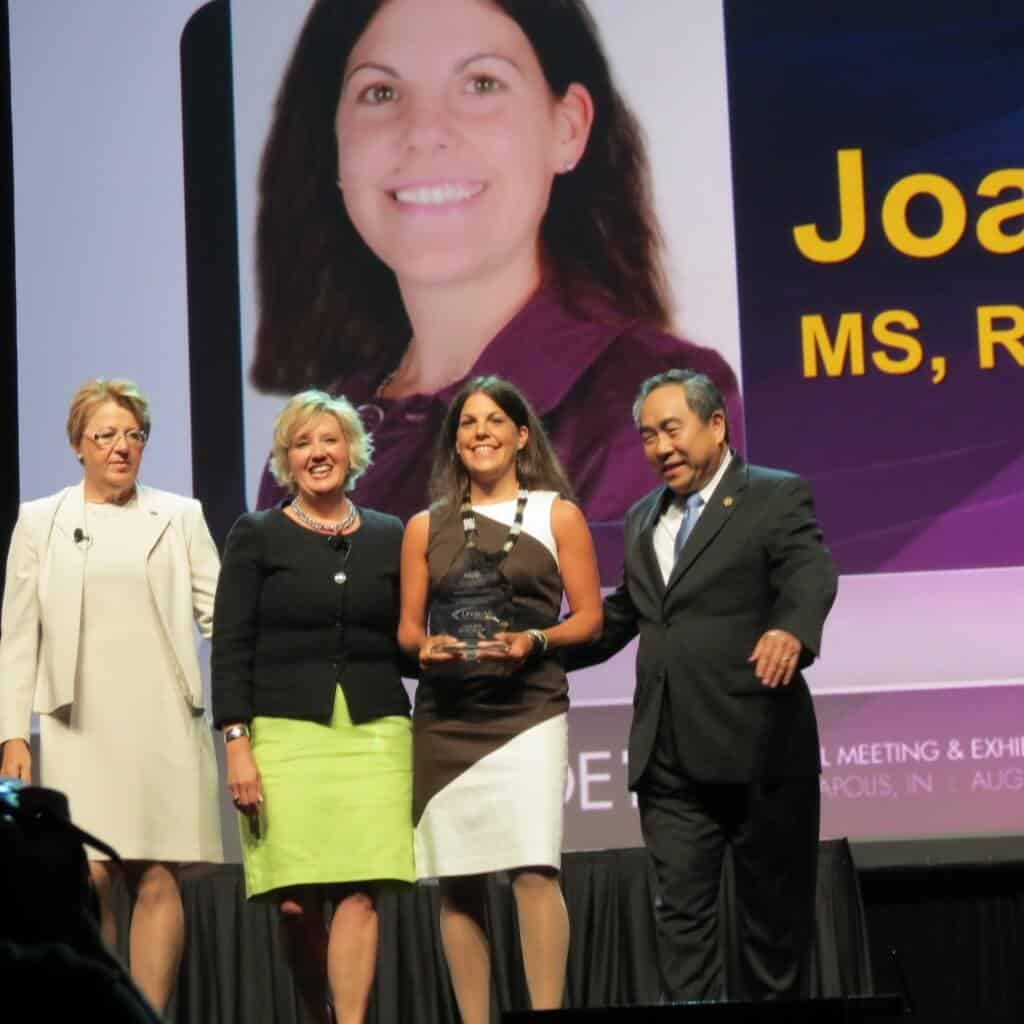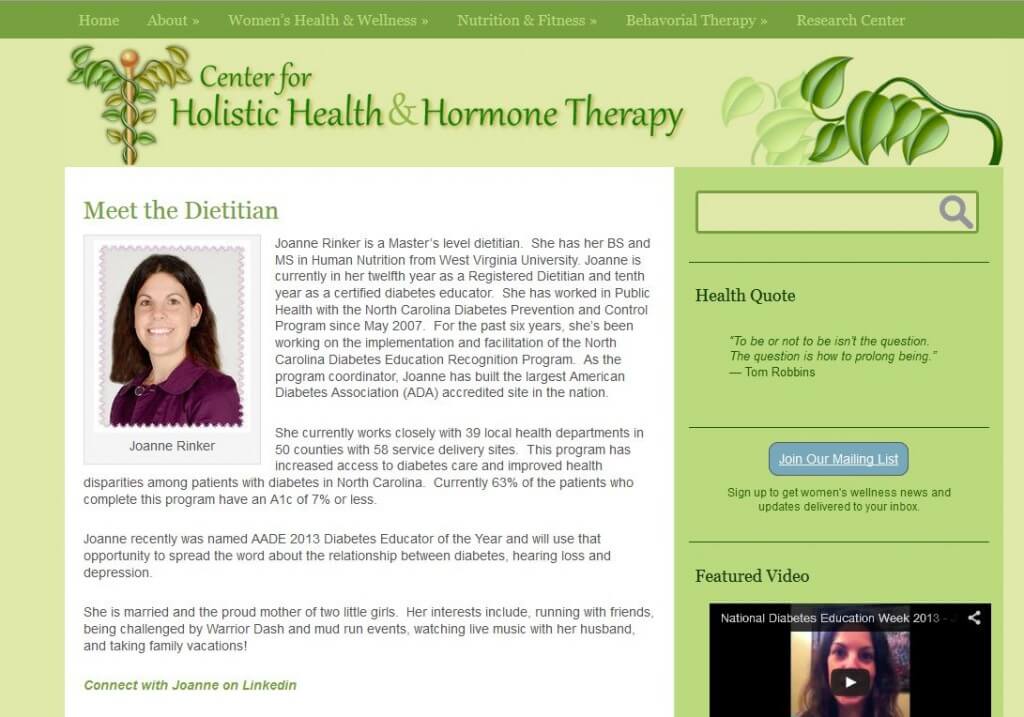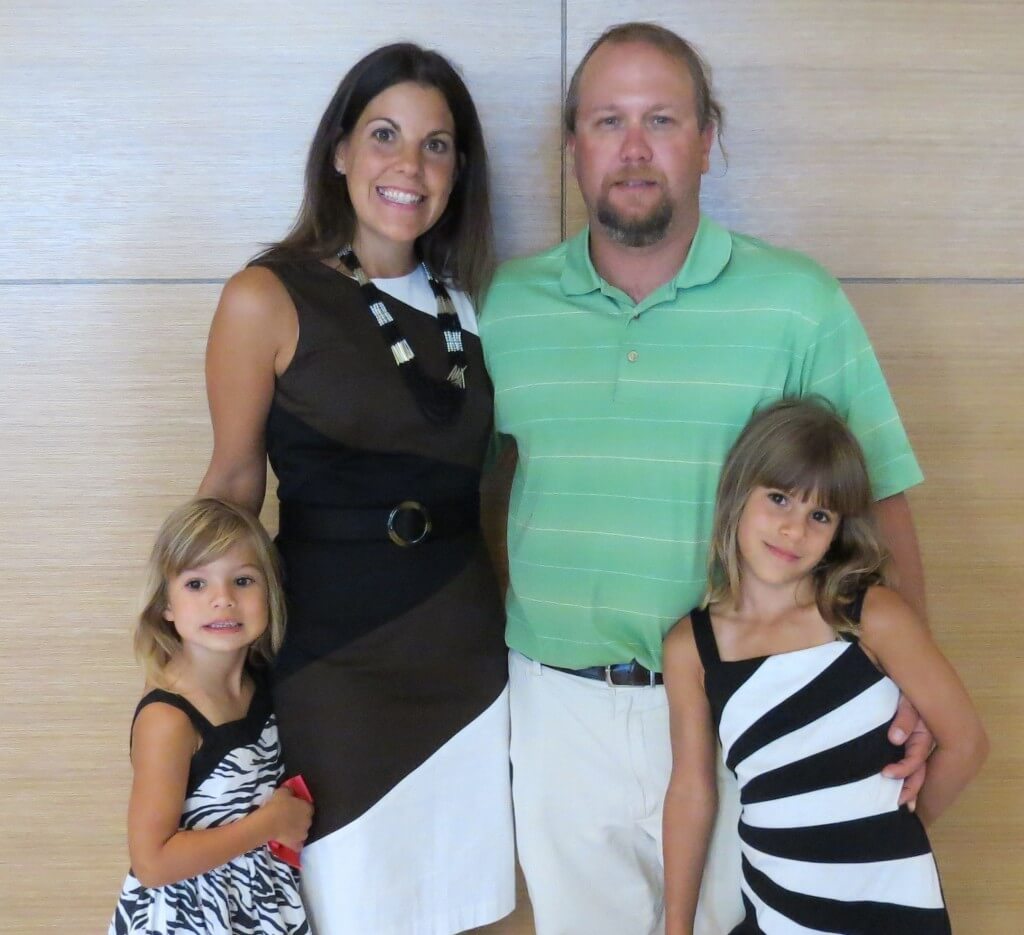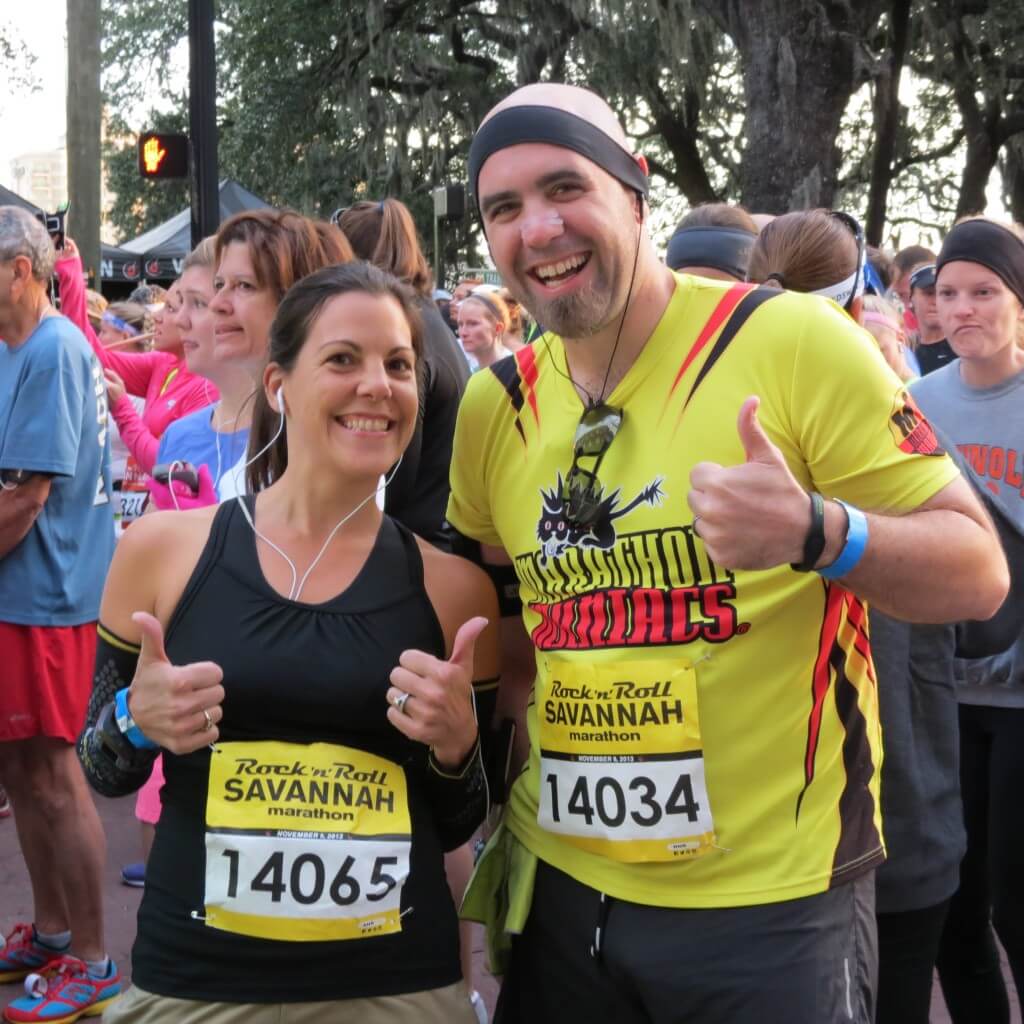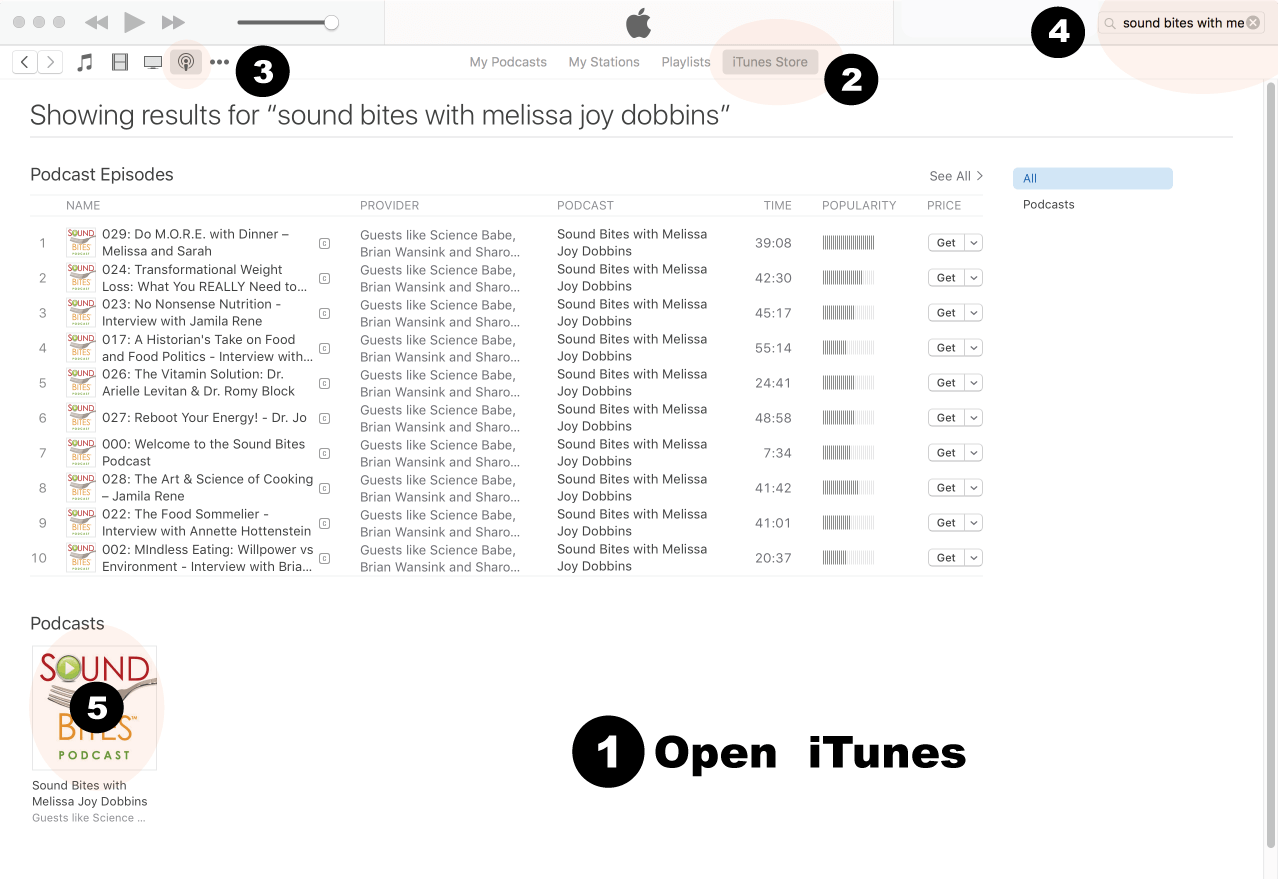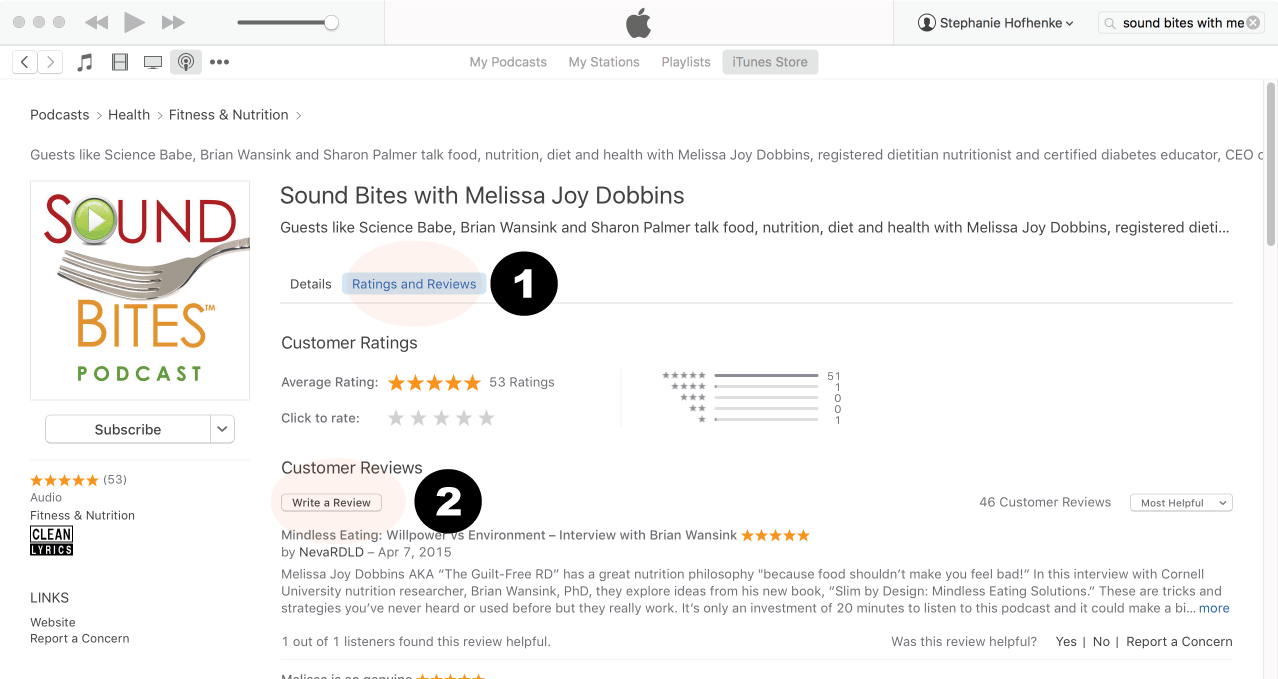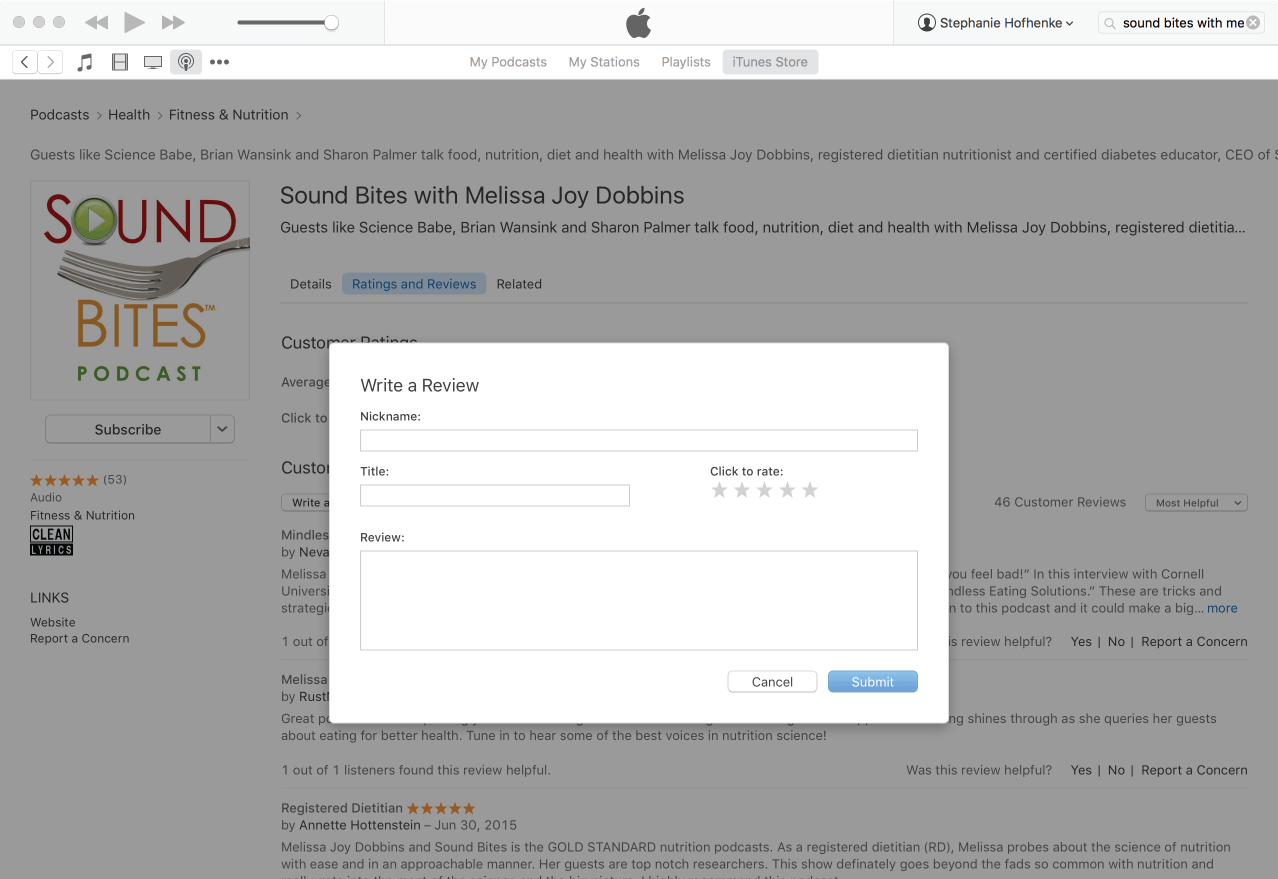Spotlight On: Joanne Rinker
PROLOGUE:
I met Joanne at the American Association of Diabetes Educators annual meeting in Indianapolis when she received the AADE Outstanding Diabetes Educator of the Year Award for 2013. She is most deserving of this prestigious award and I am thrilled to share my interview with her. I hope you enjoy it as much as I enjoyed meeting Joanne and learning about the work she’s doing in the field of diabetes and beyond!
MELISSA: Joanne, congratulations on your award! Please tell me how you first became interested in a career in food and nutrition?
JOANNE: When I left for college I was a very, very active high school athlete who ate all of the healthy foods my science teacher father and nurse mother cooked. Once I got to WVU, I ate a lot of frozen pizza and other convenience foods and very quickly gained the freshman 15. I remember going home (to Long Island) for summer vacation and my uncle telling me it was obvious I didn’t have any problems finding food. That was what prompted me to want to be healthy, exercise, lose weight and learn more about nutrition. Once I got started, I was fascinated and wanted this to be what I did for others who found themselves in the same situation with food.
MELISSA: Tell me about your food and nutrition philosophy – what are you known for?
JOANNE: You can ask everyone I know, I am a whole foods girl. I believe in the perimeter of the store philosophy and staying as close to the 5 food groups with as little processing as possible. I encourage people to avoid things that are boxed, bagged or prepared and frozen. Keep it simple, fruit, veggies, cheeses, lean meats, beans, eggs, nuts, healthy fats like olives, avocados, oils, etc.
MELISSA: What inspires you to write your blog?
JOANNE: What has inspired me is the need to make people aware that nutrition can be the treatment or the cause of the majority of health issues. I want people to understand that it is amazing how changing eating habits can improve health outcomes. But what has inspired me to continue to work in nutrition and diabetes education has been the rewarding feeling of providing education to people who really want to make a positive impact on their lives, giving them time to make the changes and then having them return for follow up with positive outcomes. Also, this site focuses on the hardest time in the women’s life, menopause! There is a need at this stage for low glycemic index foods, a variety of foods, the right amount of exercise, that fits the need of the population at this age, etc.
MELISSA: What are you focused on right now?
JOANNE: Right now I am focused on a variety of things. I want to see this site continue to grow and become a resource for people who are suffering with weight gain as they age. I am also working with the Center for Healthy North Carolina on providing technical assistance to health departments who are working toward meeting the Healthy North Carolina 2020 goals and objectives. I am helping them identify and implement evidence based strategies and interventions to meet these goals.
MELISSA: What types of food/nutrition communications are you engaged in?
JOANNE: Over the last year, as American Association of Diabetes Educators, 2013 Educator of the Year, I have been traveling around to 14 states doing a presentation on the relationship between diabetes and hearing loss. This is not a complication that is common or that many educators are aware of, but that effects almost 65% of the adult diabetes population. Additionally, I have been writing articles for various journals, doing some journal editing for the American Diabetes Association and diabetes and nutrition coaching via webinar as needed.
MELISSA: What comes naturally for you and what do you have to work hard on when it comes to food/nutrition communications?
JOANNE: What comes naturally for me is both face to face and telephonic communication. I have found that when doing webinars, social media or e-mail communication there is a loss of true emotion and the ability to determine whether or not the person is still engaged. I try to overcome this by asking a lot of questions, providing feedback and always keeping communication as individual and focused as possible.
MELISSA: Please share one story or experience that either taught you a lot about food/nutrition communications or you think would help other RDs.
JOANNE: I have learned that there is not one thing that works for one person that would work for another. Everyone is motivated by something different and the most important thing is to figure out what that motivating factor might be. For some it is the numbers…what is my blood pressure? Blood sugar? Cholesterol? They want to see those numbers go down and that is what pushes them to do more or work harder. For others, it is the scale, how clothes fit or whether or not they can keep up with a grandchild. The important thing is figuring out what that is and helping them use that to stay motivated. Additionally, encourage others to only weigh themselves once a week at the same time in the same conditions and on the same scale. The scale can be very upsetting and it is important for folks who need that number to know how much weight can fluctuate throughout the day and from scale to scale so that they don’t assume one weighs the same as another. Also, encourage them, overtime, to lose the scale and use clothes or how they feel as a tool as well. If they find that they feel better, clothes fit better, etc., that is the most important gauge. People can gain muscle and in turn gain a small amount of muscle weight but if they are improving health, eating healthy, getting more exercise and improving health outcomes, that is the ultimate goal.
MELISSA: What are your top 3 tips for other RDs who want to improve their communication skills?
JOANNE:
1. Focus on the concerns of the person who you are working with. Do not have your own agenda because the person will not hear anything you say until you address their needs.
2. Discuss the most important points you want to make first. Do not wait until the end of a conversation because you may run out of time. Also, repeat any important tips and take home messages because it is helpful to hear those things more than once.
3. Use the communication method that is best for that person. That may be e-mail, phone, handouts, questions and answers. But, whatever the mode of communication, make sure it works for them!
MELISSA: I hear you are a marathon runner – tell us about that!
JOANNE: I did my first marathon in November 2013 in Savannah Georgia at the Rock and Roll Marathon. I have done multiple half marathons and mud runs, warrior dashes etc., but a friend finally talked me into the marathon. I enjoy going to as many concerts as I can fit into a year and love to take vacations with my family. I exercise almost every day and enjoy to be challenged. My favorite way to stay healthy is to keep vegetables cut up and ready to eat so I can snack on those while preparing meals.
EPILOGUE:
A huge round of applause for Joanne’s outstanding award and service. I know we will continue to see great things from her!
Like what you read here? Hear what other nutrition experts have to say about careers, communication and chasing their dreams. Visit the Directory of Dietitian Interviews and be inspired!

